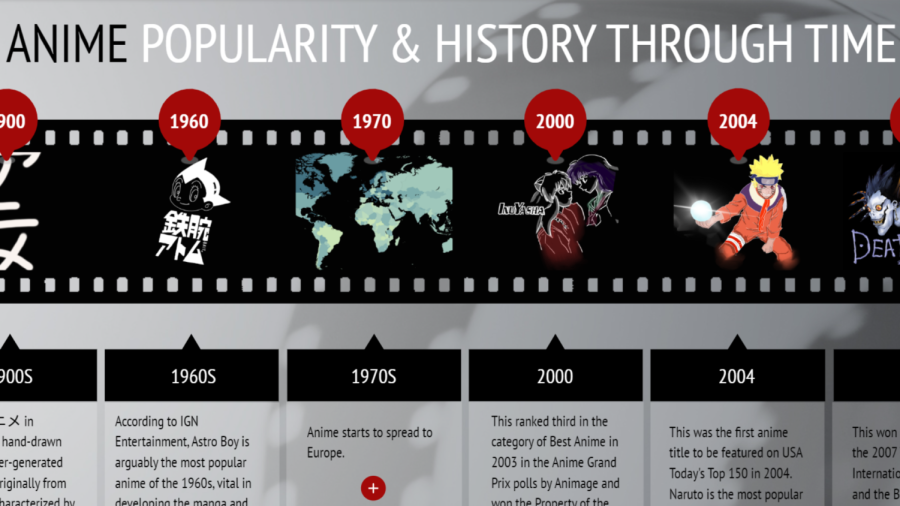Our society wants instant gratification.
We want to be able to get on the Internet and purchase exactly what we want, when we want, and for the price we want.
This has made online shopping one of the fastest growing businesses in the world, as shown by the overnight success of Groupon, a site that gives large discounts on a product or service.
“It’s easier to buy online as I don’t need to leave my house. As long as the item is not something that I need right away, online shopping is the better option,” said sophomore Andy Gross.
However, the future of online shopping isn’t as clear-cut.
As of Sept. 15, 2012, online shoppers in California were forced to pay a sales tax on all items purchased through Amazon, which is the world’s largest online retailer. The sales tax for Californians living in Belmont is 8.5 percent, well above the national average of 7.75 percent. This increase in price caused discontent among shoppers, who noted that the new tax pushes Amazon’s prices above that of its competitors.
AS English III teacher Sarah Clarke stated, “This new law increased the prices, and this makes shoppers looking for lowest price more likely to shop somewhere else.”
However, this is just about the only drawback online shoppers will experience in the near future, as analysts predict that online shopping will gain momentum.
For instance, Amazon had a revenue of $34 billion in 2010, making one wonder if other companies can be afford to be swept aside, by the growing online network that dictates so much of our lives.
As much as our nation loves instant gratification, we love our social networking sites just as much.
As reported by Nielsen Wire in Social Media Report 2012: Social Media Comes of Age, during the month of July in 2012, Americans spent a total of 121.1 billion minutes on social networking sites.
Therefore, many experts believe that social networking sites, notably Facebook and Twitter, will soon be used by companies for special promotions or deals on products.
Closely linked to social networking sites are smart phones, and mobile shopping apps for these phones are growing. Also according to Nielson, half of all Americans have smart phones.
In the near future, one can anticipate a world where these mobile apps give online notifications to potential shoppers with news of a deal, ensuring that shoppers, no matter where they are, can always buy the product if they choose to do so.
Junior David Babayan noted, “If I need to buy something when I’m not home and on-the-go, then I’d definitely use mobile apps.”
Another aspect of online shopping is the prices, as shoppers can instantly compare prices for a product online, and determine within minutes which major retailing site has the best price. This creates an online competition for deals that will force prices to go ever-lower, as major retail companies scrabble over trying to make the greatest profit.
Babayan also stated, “There are good deals, and I don’t have to leave my house.”
In the past, many shoppers have found returns to be a worrisome, troublesome, and a time-taking task.
However, in the future this will change as well, as companies are making it a lot easier to return products in order to ensure customer satisfaction.
Clarke noted, “I hate returning items, as it creates another hoop for me that I have to jump through. That being said, some online shopping sites, such as Zappos, make it very easy to return products as they don’t charge for returns.”
With their credibility established, major online retailers are expecting a big year.
This means that for the Carlmont shopper, shopping is going to be faster, cheaper, and easier in the very near future






